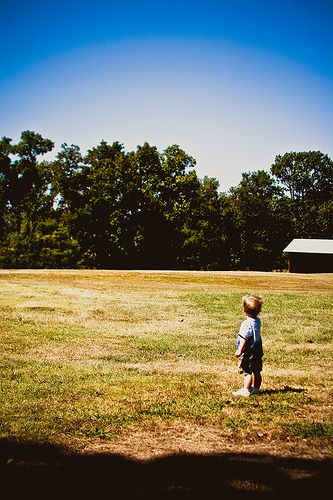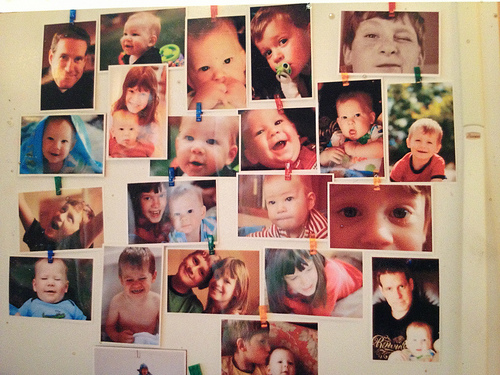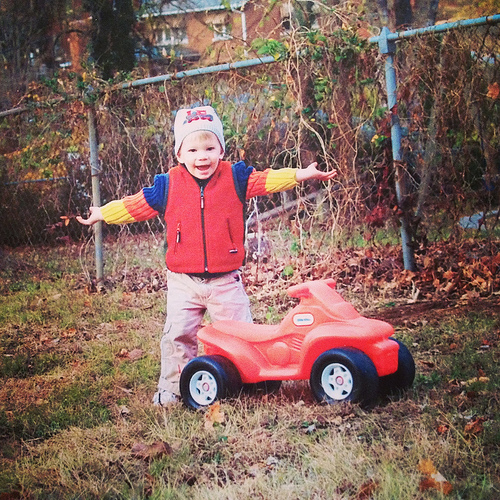It’s okay to start your family without a specific reason why—to not have a grand vision or a driving purpose for launching a new life. It’s all right to let the love and joy you share with your spouse drive you forward into family even when people tell you to stop and think gravely before having kids.
 Ever since time began, men and women have brought new life into the world and the great majority of them did so without clear answers to the question, “Why?” At a simple level, it’s because humans share a lot of reproductive similarities with creatures of all kinds. We were designed with a sex drive that leads to coupling and a fertilization process that can trigger the miracle of life.
Ever since time began, men and women have brought new life into the world and the great majority of them did so without clear answers to the question, “Why?” At a simple level, it’s because humans share a lot of reproductive similarities with creatures of all kinds. We were designed with a sex drive that leads to coupling and a fertilization process that can trigger the miracle of life.
If you were to ask your grandparents or great-grandparents why they had children, they would probably give you a baffled look and say, “That’s what married couples did.” In one of their several books on generations, authors William Strauss and Neil Howe observe that the family was such a powerful institution at the midpoint of the 1900s—what they call “the American High”—that it was taken for granted. “Once World War II ended,” they write, “family formation and parenthood weren’t a choice, but a social expectation. To the mind-set of that era, everything was on autopilot.”
In The Paradox of Choice, Barry Schwartz echoes such observations on his way to showing how things have changed. “In the past, the ‘default’ options were so powerful and dominant that few perceived themselves to be making choices. Whom we married was a matter of choice, but we knew that we would do it as soon as we could and have children, because that was something all people did.” In the past half century, however, choice has grown into one of our greatest commodities.
“Today,” Schwartz writes, “all romantic possibilities are on the table ; all choices are real.” It’s a trend Howe and Strauss spotlight, writing, “Once the Consciousness Revolution ended, family formation and parenthood weren’t a social expectation, but a choice, even a profound personal statement.”
And so we, of the Xer generations and following, stop to ask, “Why?” We don’t just do things out of tradition or expectation. We don’t just have kids because that’s what’s expected or because it’s what our parents did. We’ve moved beyond that. We have kids as a statement, as a lifestyle choice. But the choice to have children now sits on a shelf in a growing supermarket of options leaving couples asking why that choice would be better than any other.
For many couples, the choice to have a baby faces more than just competing options—it’s under serious scrutiny. “In our society today, parenthood is on trial,” says Po Bronson in his book Why Do I Love These People? He describes skeptical parents like a jury “considering the facts, making their calculations, collecting more evidence.”
…
Where can you find compelling answers to the nagging question, “Why have children?”
[This is an excerpt from the “Why?” section of the book Start Your Family]



